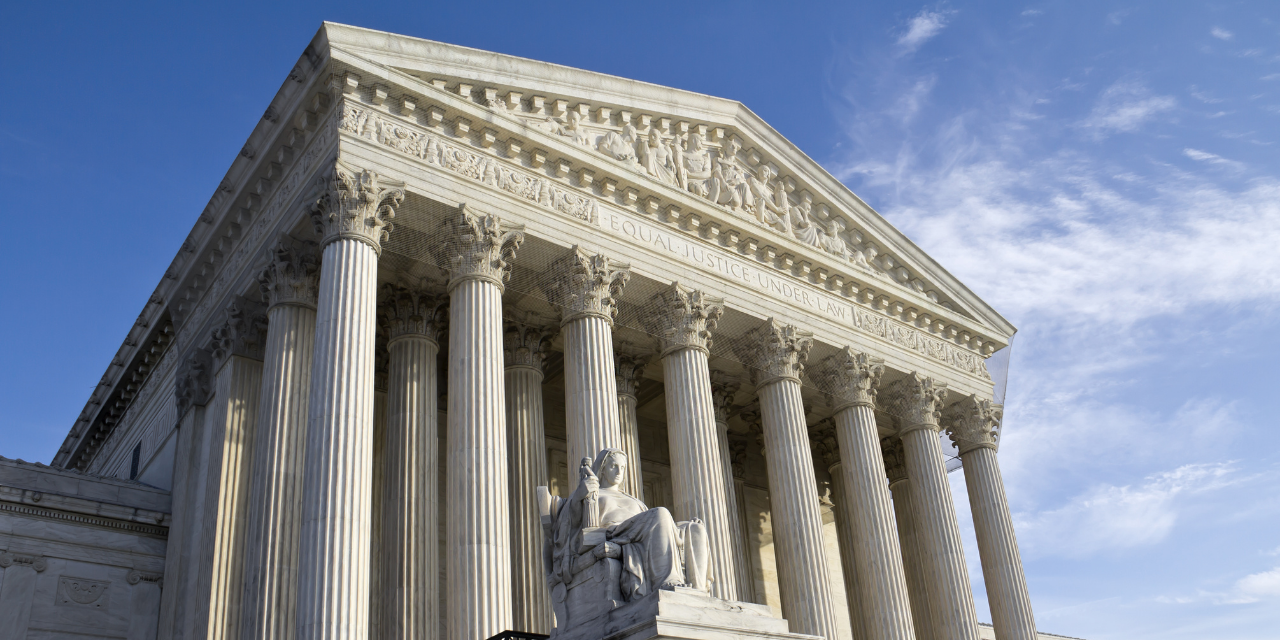Kentucky Attorney General Daniel Cameron is staunchly pro-life, and he took exception when his state decided not to appeal a 2020 decision by a federal appeals court striking down a 2018 state law banning “dilation and evacuation” (D&E) abortions. His attempt to intervene at that point in order to keep the case alive and defend the law on behalf of Kentucky was denied by the appeals court, and Cameron’s appeal has now reached the U.S. Supreme Court, which held oral arguments in the case on October 12.
If he’s successful, Cameron will ask the federal appeals court to reconsider its ruling, and if necessary, take the constitutional issues back to the Supreme Court. But first, he has to convince the justices on the nation’s high court that he is entitled to step in at this point and defend the law. The issues may be procedural in nature, but the real-world result will determine whether Cameron can keep fighting for the D&E ban.
The gruesome procedure known as a D&E abortion involves dismemberment of the preborn baby in the uterus while still alive. The Kentucky legislature passed HB 454 in 2018, banning the procedure beginning at 11 weeks gestation, with an exception for medical emergencies. Several abortion sellers sued the state in federal court and succeeded in having a federal judge invalidate the law in 2019. The state appealed, and the 6th U.S. Circuit Court of Appeals affirmed the lower court’s ruling.
The state could have appealed further at that time, including asking the U.S. Supreme Court to hear the case.
However, in 2020, following the 2019 general elections, the administration changed hands, with a new governor, Andy Beshear, who is pro-abortion, taking the reins of the executive branch. In the same election, Cameron was elected as Attorney General to replace Beshear, the outgoing AG. When the 6th Circuit ruled against HB 454 in 2020, the new administration decided not to appeal the decision.
But Cameron, as the new AG, felt it was his duty as the state’s top lawyer to defend the law. “We’re going to respect life here in Kentucky,” Cameron told a crowd at the Kentucky state Capitol on October 6. “We’re going to protect those who cannot speak for themselves. And I think that is an important responsibility of government, to make sure that we’re looking out for the most vulnerable.”
But there was a problem. The Kentucky attorney general was not listed as a party to the original litigation. That created the need for Cameron to take the procedural first step of asking the 6th Circuit to allow him to “intervene” in the lawsuit as a party so that he could continue the legal fight on behalf of HB 454.
The 6th Circuit rejected Cameron’s request, which set the stage for his petition to the Supreme Court asking the justices to order the 6th Circuit to allow him to intervene as a party. If successful, Cameron will continue fighting for the law at the 6th Circuit and, if necessary, at the Supreme Court.
Prohibiting dismemberment abortions is a simple way to extend compassion to preborn children, who can feel pain by the 20th week of gestation. Until such time as Roe v. Wade is overturned, laws such as HB 454 are necessary restrictions on abortion that courts should allow. Please pray for General Cameron’s success in the defense of life in Kentucky.
The case is Cameron v. EMW Women’s Surgical Center, P.S.C.
Photo from Shutterstock.






